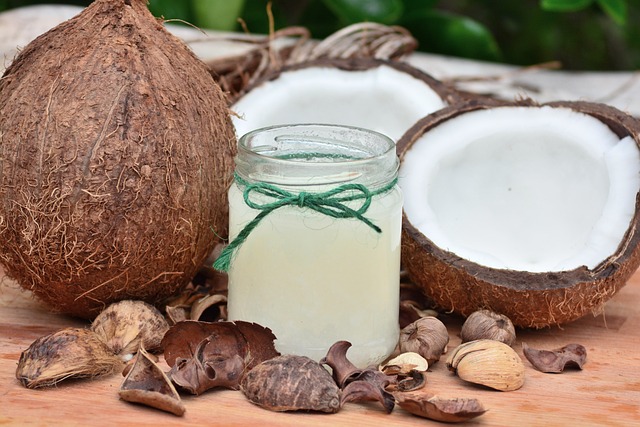Fighting Inflammation with Probiotics: Science-backed Strategies
Inflammation is the body’s natural response to injury or infection. However, chronic inflammation can lead to a host of health problems, including heart disease, diabetes, and autoimmune disorders. Fortunately, there are natural strategies that can help to combat inflammation, one of which is incorporating probiotics into your diet.
What Are Probiotics?
Probiotics are live microorganisms that can provide health benefits when consumed in adequate amounts. These beneficial bacteria are found in fermented foods like yogurt, kefir, sauerkraut, and kimchi, as well as in supplement form. Probiotics work by colonizing the gut with beneficial bacteria, which can help to support the immune system and reduce inflammation throughout the body.
Science-Backed Probiotic Strategies for Fighting Inflammation
1. Choose the Right Strains of Probiotics
Not all strains of probiotics are created equal. Different strains have different effects on the body, and some are more effective at reducing inflammation than others. For example, studies have shown that the strains Bifidobacterium lactis and Lactobacillus acidophilus can help to reduce inflammation in people with rheumatoid arthritis and ulcerative colitis.
2. Consume Probiotics Daily
To reap the benefits of probiotics, it’s important to consume them on a daily basis. This can be done through eating fermented foods or taking a high-quality probiotic supplement. Look for a supplement that contains at least 10 billion CFUs (colony forming units) per serving, and choose a brand that has been third-party tested for purity and potency.
3. Include Prebiotic-Rich Foods in Your Diet
Prebiotics are a type of fiber that feed the beneficial bacteria in your gut. Including prebiotic-rich foods in your diet can help to support the growth of probiotics and reduce inflammation. Some good sources of prebiotics include garlic, onions, leeks, asparagus, and bananas.
4. Avoid Probiotic Killers
There are several things that can kill off the beneficial bacteria in your gut, including antibiotics, stress, and a diet high in sugar and processed foods. To maintain a healthy balance of gut bacteria, it’s important to limit your use of antibiotics, manage stress through practices like meditation and yoga, and eat a diet rich in whole, unprocessed foods.
5. Consider a Probiotic Supplement
If you’re not able to consume enough probiotic-rich foods in your diet, or if you have a health condition that makes it challenging to maintain a healthy balance of gut bacteria, a probiotic supplement may be a good option. Talk to your healthcare provider about which supplement is best for you.
The Bottom Line
Chronic inflammation is a major contributor to many health problems, but incorporating probiotics into your diet can help to support the immune system and reduce inflammation throughout the body. To reap the benefits of probiotics, choose the right strains, consume them daily, include prebiotic-rich foods in your diet, avoid probiotic killers, and consider a probiotic supplement if needed.







